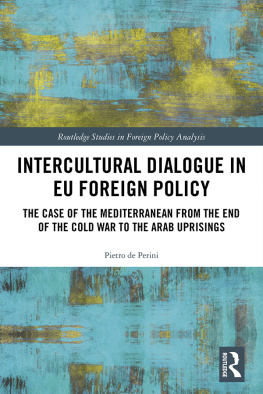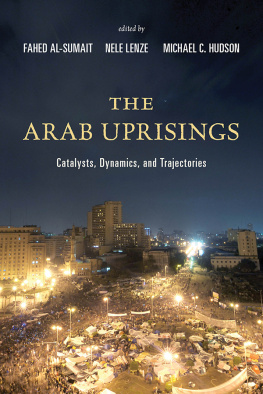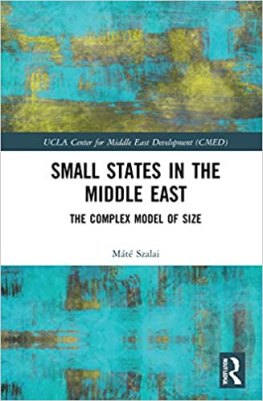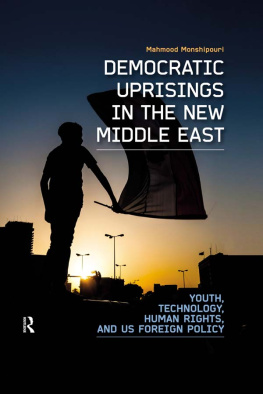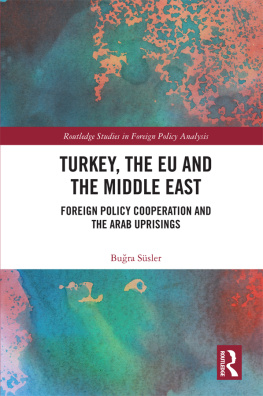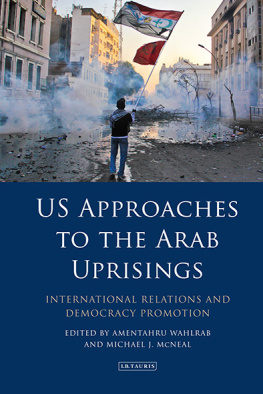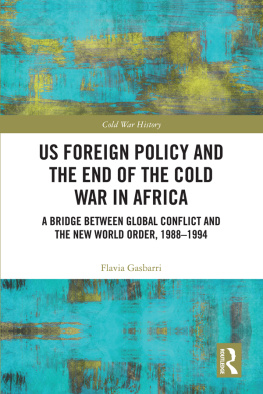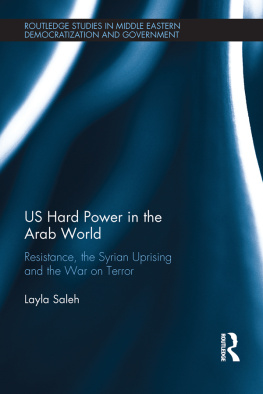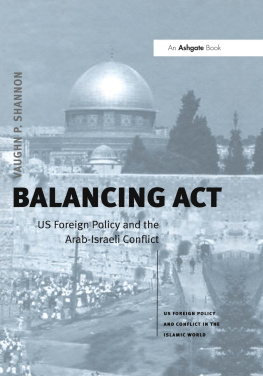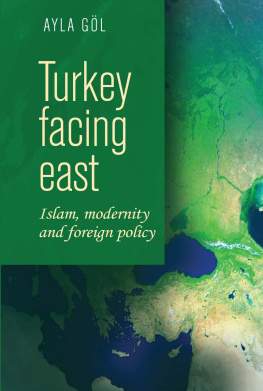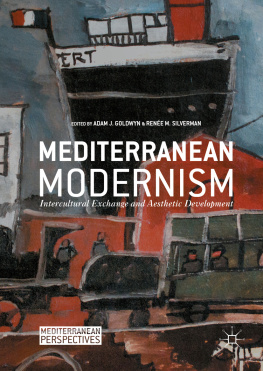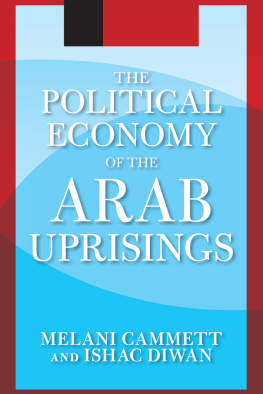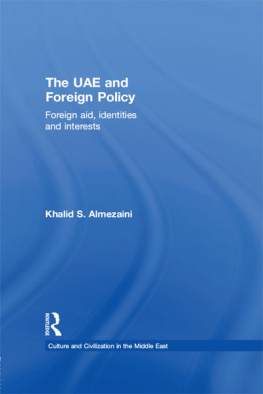Intercultural Dialogue in EU Foreign Policy
This book provides an original, rigorous and theoretically-grounded investigation into varying EU efforts to advance intercultural dialogue (ICD) in the framework of its foreign policy towards the Mediterranean during the period 19902014. From the end of the Cold War, the EU has increasingly invested in both rhetoric and resources on ICD promotion. In spite of this commitment, the EU has never offered a clear and permanent understanding of what this concept entails and has been actually aimed at. By adopting an FPA standpoint and approaching ICD as one of the foreign policy instruments developed by the EU to address the relations with its Mediterranean partners, this book exposes the causes and the modalities of the contradictory development of this relevant and long-standing element of EU foreign policy.
de Perini investigates change and continuity in the promotion of this tool, and provides in-depth knowledge of what ICD has actually meant for the EU: from the development and launch of the Euro-Mediterranean Partnership or Barcelona Process, to the revision of the European Neighbourhood Policy following the Arab uprisings. The book shows that the EUs advancement of ICD in its foreign policy has gone through three distinct phases: emergence (19902001), consolidation (20012010) and professionalisation (20102014). Empirically the book provides the first comprehensive and integrative analysis of all aspects of EU efforts to promote ICD.
The book exposes a series of trends, limits and contradictions of EU foreign policy, which are increasingly relevant today. In particular, it shows that over the last 25 years, the EU has addressed a set of persistent challenges characterising its relations with Mediterranean countries and people, namely challenges connected to regional conflicts, religious fundamentalisms, xenophobic attitudes towards Arab/Muslim migrants and related social tensions. As these challenges are still major issues in the current EU agenda and in the broader debate about EU foreign policy, this book provides rich and original empirical knowledge to an understanding of how the EU has decided to address these phenomena at different moments of its recent history.
Pietro de Perini is a Research Fellow at the Human Rights Centre in the University of Padova, Italy. He is among the editors of the Italian Yearbook of Human Rights.
Routledge Studies in Foreign Policy Analysis
Series Editors: Christopher Alden
London School of Economics, UK
and
Amnon Aran
City University of London, UK
www.routledge.com/series/RSIHR
The Foreign Policy Analysis (FPA) series covers a broad intellectual canvass, which brings together scholars of International Relations, Area Studies, Politics, and other related fields such as Political Psychology and Administrative Studies. It also engages with a wide range of empirical issues: from the study of the foreign policy of individual countries, to specific aspects of foreign policy such as economic diplomacy or bureaucratic politics, through germane theoretical issues such as rationality and foreign policy. The Series aims to specialize in FPA as well as appeal to the wider community of scholars within International Relations, related fields, and amongst practitioners. As such the range of topics covered by the Series includes, but is not be limited to, foreign policy decision-making; the foreign policy of individual states and non-state actors. In addition it will include analytical aspects of foreign policy, for instance, the role of domestic factors; political parties; elites. Theoretical issue-areas that advance the study of foreign policy analysis, for example, FPA and Gender, Critical FPA, FPA in a new media landscape, Ethics and FPA, are also be welcomed.
Public Opinion, Legitimacy and Tony Blairs War in Iraq
James Strong
Colombian Agency and the Making of US Foreign Policy
Intervention by Invitation
Alvaro Mendez
Forthcoming:
Power, Perception and Foreign Policymaking
US and EU Responses to the Rise of China Scott Brown
Intercultural Dialogue in EU Foreign Policy
The Case of the Mediterranean from the End of the Cold War to the Arab Uprisings
Pietro de Perini
Intercultural Dialogue in EU Foreign Policy
The Case of the Mediterranean from the End of the Cold War to the Arab Uprisings
Pietro de Perini
First published 2018
by Routledge
2 Park Square, Milton Park, Abingdon, Oxon OX14 4RN
and by Routledge
711 Third Avenue, New York, NY 10017
Routledge is an imprint of the Taylor & Francis Group, an informa business
2018 Pietro de Perini
The right of Pietro de Perini to be identified as author of this work has been asserted by him in accordance with sections 77 and 78 of the Copyright, Designs and Patents Act 1988.
All rights reserved. No part of this book may be reprinted or reproduced or utilised in any form or by any electronic, mechanical, or other means, now known or hereafter invented, including photocopying and recording, or in any information storage or retrieval system, without permission in writing from the publishers.
Trademark notice: Product or corporate names may be trademarks or registered trademarks, and are used only for identification and explanation without intent to infringe.
British Library Cataloguing in Publication Data
A catalogue record for this book is available from the British Library
Library of Congress Cataloging in Publication Data
A catalog record for this book has been requested
ISBN: 978-1-138-29758-6 (hbk)
ISBN: 978-1-315-09916-3 (ebk)
Typeset in Times New Roman
by Wearset Ltd, Boldon, Tyne and Wear
To Davide, may he peacefully experience the diversity of Mediterranean people
Contents
Acknowledgements
The publication of my first research monograph is the result of a long and demanding endeavour, an achievement which, however, I would not have been able to accomplish alone. In particular, I am indebted to Amnon Aran and Sara Silvestri at City, University of London, for their endless patience, support and for their great mentoring.
I will always be thankful to my late professor Antonio Papisca for introducing me to the fascinating subject of intercultural dialogue that, in turn, prompted my decision to embark on this study. A special thanks must go to Claudia Pividori, Marco Mascia and Paolo De Stefani at the University of Padova Human Rights Centre for their perennial encouragement and support.
Finally, I am forever grateful to my wife Laura, who has helped me to understand and appreciate the Mediterranean and its rich diversity, and alongside with my parents, who supported me from the first inkling of this research to its publication.
Abbreviations
| ALF | Anna Lindh Euro-Mediterranean Foundation for Dialogue among Cultures |
| CFSP | Common Foreign and Security Policy |
| CSCE | Conference for the Security and Cooperation in Europe |
| CSCM | Conference for the Security and Cooperation in the Mediterranean |
| CSO | Civil Society Organisation |
| EC | European Community |

